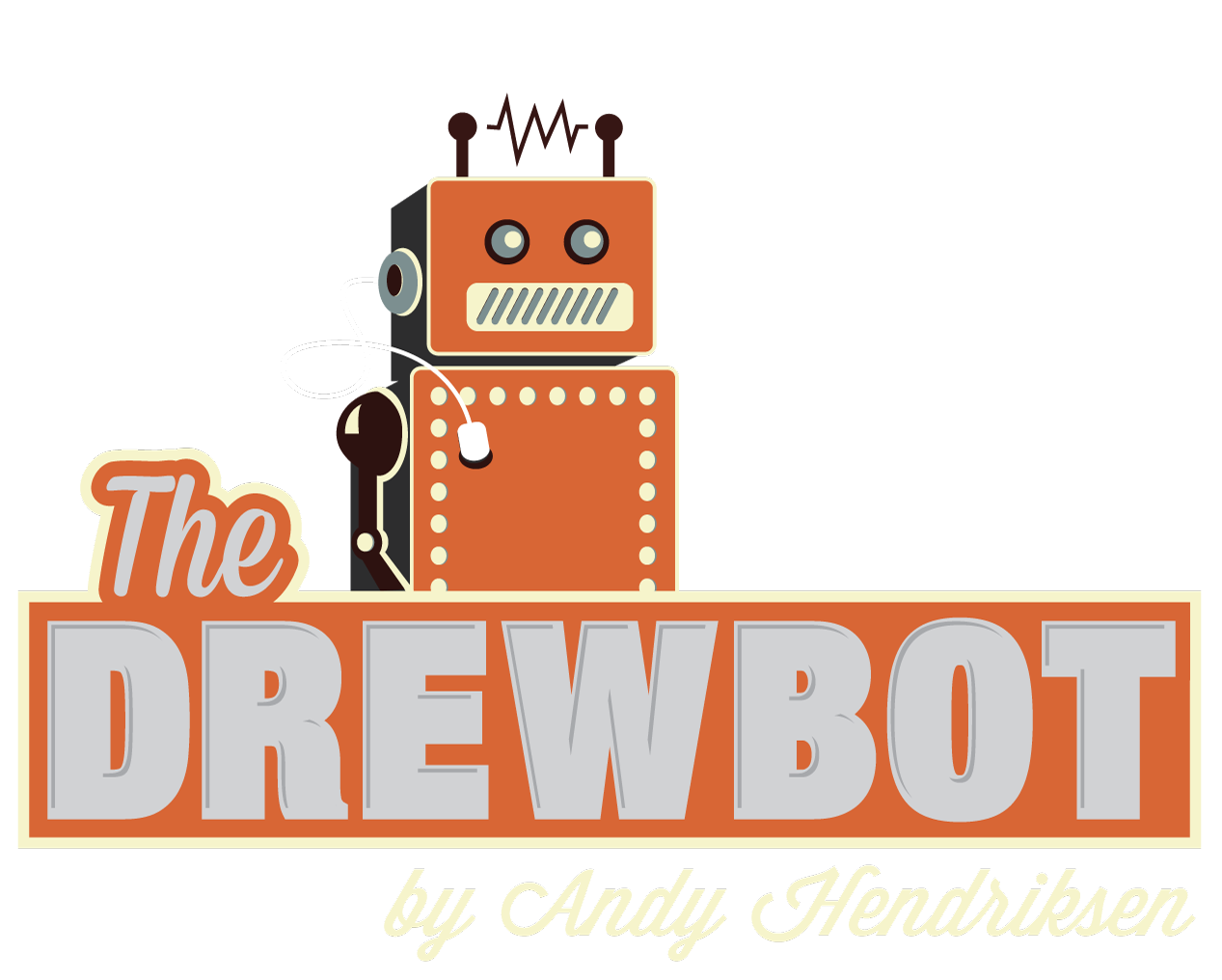On Creating Something That You Love

I.
The most we can hope to get out of life is the opportunity to create something that we love. Everything we do, every action, every movement, every decision, should be made with that in mind.
I’m not just talking about creating something physical or tactile. Creation in this context can be about something much bigger than that. It could mean creating a loving relationship, or a beautiful family, or a piece of art that you’re immensely proud of. A successful company, a product, or a service. These passion projects are what make up our lives, and are truly the only things we have to show for our existence on this planet.
II.
A few years ago there was a fascinating behavioral study done by Hal Hershfield that examined the activity of the human brain when the subjects were asked to speak about themselves in the future. What Hershfield found is that the brain activity was markedly similar to when the subject was speaking about complete strangers. There’s many more interesting pieces to this robust study, but what’s relevant here is the idea that we, as humans, see our future-selves as completely different people — people we have no connection to. This has an undeniable effect on how we choose to spend our time today.
We’re not stupid — we know that smoking is bad for us, we know that we need to exercise more, we know that we need to eat less. We choose to do these things because of the disconnect between what is pleasurable now and the complete stranger that has to pay the consequences later.
This mental disconnect is what keeps us at jobs that we hate, doing work we’re not proud of, and living lives that we wouldn’t be happy with 10 years from now. When we’re unable to see the effect that positive changes can make on our lives, it becomes difficult to justify making them at all. Resisting putting effort into tasks with distant future payoffs is exactly what prevents us from sinking our teeth into creating the kinds of things that our future-self would love.
III.
Map out your week and figure out how much of it is spent doing tasks that have nothing to do with creating something that you love. If work, where most of us spend the majority of our time, isn’t fulfilling, then quit your job and find something that is. Your work doesn’t have to be your passion, but it should be something that you at least find valuable. If you’re wasting 40 or more hours a week on something that your current-self sees very little value in, there’s a pretty good chance that your future-self won’t be thrilled about it either.
Eat your vegetables, stop screwing around, and focus on creating something that you love. It’ll be worth it.
